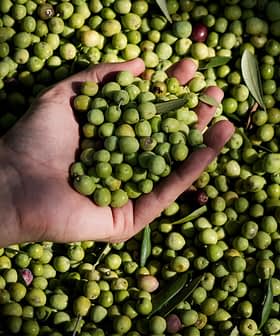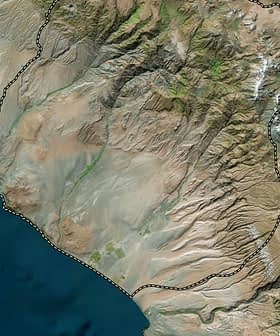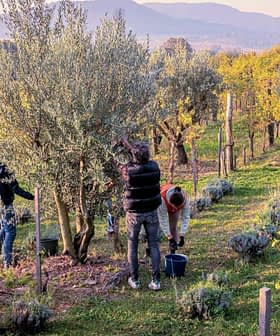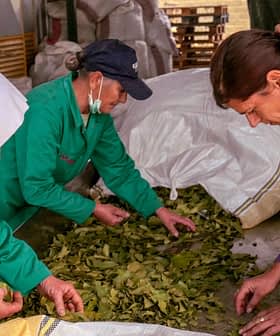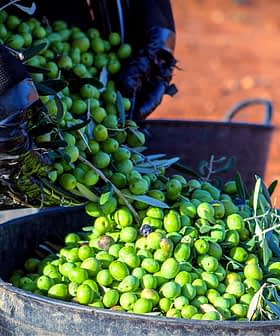Global Olive Oil Production Dips to Four-Year Low
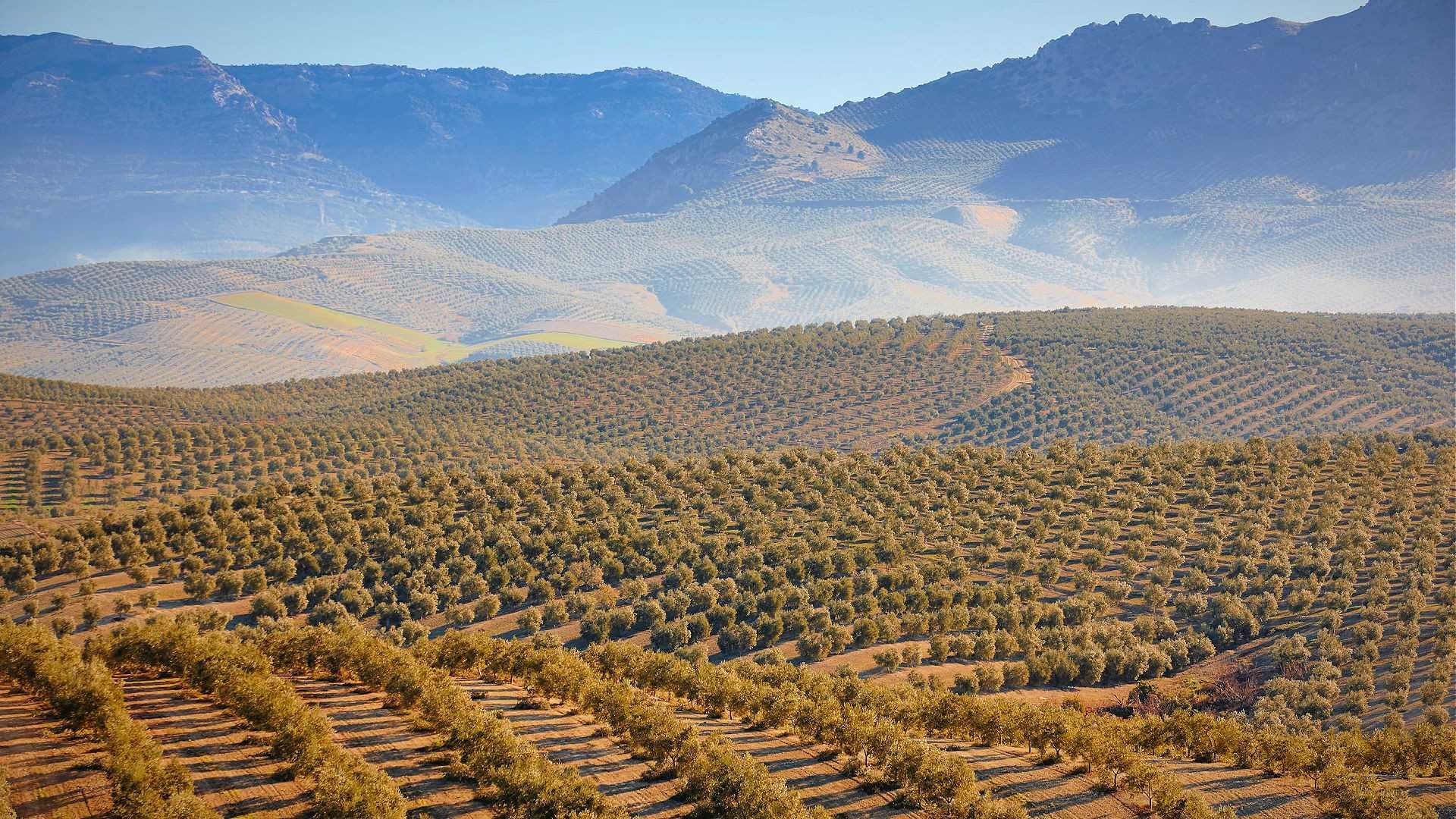
Global olive oil production is expected to reach 3,179,000 tons this year, a decrease from the previous year, with the largest drop seen in Tunisia. Despite decreases in some countries, olive oil production in the European Union increased by 16 percent, largely due to a bumper harvest in Spain.
Global olive oil production is predicted to reach 3,179,000 tons in the current crop year, the lowest total since 2016/17, according to preliminary data from the International Olive Council (IOC). Last year, the world produced 3,207,000 tons.
The largest production decrease took place in Tunisia, which is expecting output to drop by 66 percent this year, with the yield falling to 120,000 tons.
See Also:2020 Harvest UpdatesA combination of many producers entering an off-year, lack of rainfall at key moments in olive development and poor agronomic practices all contributed to the production drop.
Italy experienced a steep decline, with production falling by 30-percent this year.
Bad weather in the spring, many producers in the south of the country entering an off-year and rising rates of Xylella fastidiosa in Puglia led to the significant production decline.
Algeria and Portugal were also among the countries with the largest drops in production with 29 percent declines. Algeria is expected to produce 89,500 tons and Portugal will produce about 100,000 tons.
Even with the drops in both Italy and Portugal, as well as more modest decreases in Greece, Cyprus and France, olive oil production in the European Union grew by 16-percent. The eight countries responsible for virtually all of the bloc’s olive oil produced 2,232,800 tons — seven-percent more than the rolling-five-year average.
See Also:Industry Data DashboardMost of the increase came as the result of a bumper harvest in Spain, which the IOC estimates will produce 1,596,100 tons, the country’s fourth-largest yield on record.
However, producers from the olive oil-soaked south of the country said the strong harvest came despite a year of drought and challenges brought by the Covid-19 pandemic.
Very small production increases were recorded in Croatia and Slovenia.
Outside of the European Union, the only other major production increase was in Morocco. The North African country is predicted to produce 160,000 tons of olive oil this year and attributed its second-highest yield on record to recent investments in planting new olive groves.
Other notable decreases were recorded in Palestine, which saw production drop by nearly 70 percent. The Palestinian olive oil crop fell from a record-high 39,500 tons in 2019/20 to 12,000 tons this year, the lowest total in more than a decade.
Neighboring Jordan also experienced a drop in production, with its own yield falling to 25,000 tons after reaching a record-high 34,500 tons the year before.
Israel saw its production drop too, with this year’s yield falling by 42 percent to reach 11,000 tons, the lowest level in a decade.
Turkey experienced a slight production dip as well, with the yield slipping by seven percent as many producers entered an off-year and bad weather hit the olive oil-rich west of the country.
Despite this year’s decline, global olive oil production continues to trend upward.


